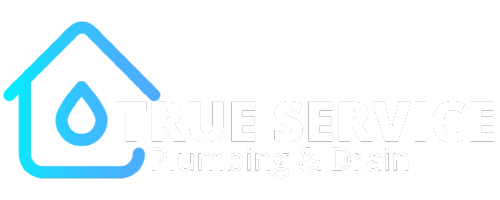Buying a new home is a major investment. The process is long, chaotic, difficult and can be unclear as to how to proceed further.
There are many factors to consider when deciding on your home purchase. Location and price are a few things to consider, but often, a thorough home inspection is overlooked.
An exhaustive look at a home’s heating, electrical work, insulation and plumbing is necessary, particularly with older homes.
Plumbing is especially important, as it can be the most costly and difficult to repair.
Have a dependable plumbing contractor perform a thorough inspection to ensure that the household plumbing system performs correctly.
Homeowners may lack the knowledge or experience to detect serious underlying plumbing issues.
An inspection of the pipes, valves, drains, fixtures, and water-related appliances is more cost-efficient in the long-term.
Dealing with a large-scale plumbing issue after purchasing a home can be a costly and time-consuming endeavor.
Below we discuss the main plumbing items you must cover during a plumbing inspection when purchasing a new home.
Main Sewer Line
Sewer line issues can occur for many reasons. Severity of main sewer line problems vary–some problems are quite serious while others not at all.
Most cases, the previous homeowners were not aware of the underlying problem.
In the case of a severe clog, a plumber may suggest a partial or total overhaul of the main sewer line. Cost-wise, repairs on this scale can be time-consuming and costly.
A thorough sewer main inspection will ensure that everything is running properly and will tackle any small underlying issues found.
In the long run–you avoid costly repairs which may occur in the future.
Pipe Leaks
Broken and leaky pipes are a common issue in most households. Occurrence of this problem often means the existence of other underlying major plumbing issues.
Pipe leakage can also cause mold and mildew growth, water damage, and pipe corrosion.
A plumbing inspection should also check for lead piping in older homes. Leap pipes can pose a potential health hazard, especially for younger children.
By conducting a plumbing home inspection, you become aware of any piping issues before signing off on the purchase.
Water Heaters
Older water heaters or those in a poor condition may require replacement. This can be costly to do. During an inspection, be sure that the water heater is running properly.
Inspect for signs of leaks, water damage and corrosion. All of these things can have a serious impact on the efficiency of the appliance.
Typically, water heaters last around 10-12 years for gas units and about 12-15 years for electrical units.
Factors to consider such as water quality, usage frequency, and how often maintenance is done affect the life expectancy.
Checking off on all these factors during an inspection will ensure your water heater is in proper working condition and meets all your household’s needs.
Plumbing Fixtures
Inspection of plumbing fixtures is always a must. Check all faucets, toilets, and sinks for leakage and drips. They should all be fully functional and in good shape.
Open every tap to check for both water flow and water pressure. Make sure water drains easily from sinks and that there are no leaks.
For toilets–flush every unit and make sure it flushes correctly. See if all the water drains out after you flush. Inspect the toilet base of any leaks or cracks on the ceramic.
If the water is draining slowly from sinks and toilets after flushing, this could be indicative of a drain clog.
A drain clog can lead to costly repairs and inconvenience in the future if left alone. Best to have a plumber immediately deal with the clog.
Water Quality
Lastly, water quality is another factor to look for prior to purchasing a home. Make sure that the water running in the home is clean and safe to use and drink.
Your household will be both consuming and using that water, if you find that the water is unsafe, you must address that.
Presence of discolored water can indicate a variety of things–ranging from less severe to major issues.
For instance, it may be due to a temporary flow of dirty water or old supply pipes which need replacing.
A licensed and experienced plumbing can help you determine the exact cause for water discolouration.
Household Plumbing Inspection With True Service Plumbing
Purchasing a new home and need the plumbing checked? Give us a call.
Our licensed plumbers will assess your home’s plumbing system and check for any underlying issues, and perform the services necessary to get your plumbing straight.
From plumbing repairs, drain rooting and more – True Service Plumbing has your back when it comes to all things plumbing.


